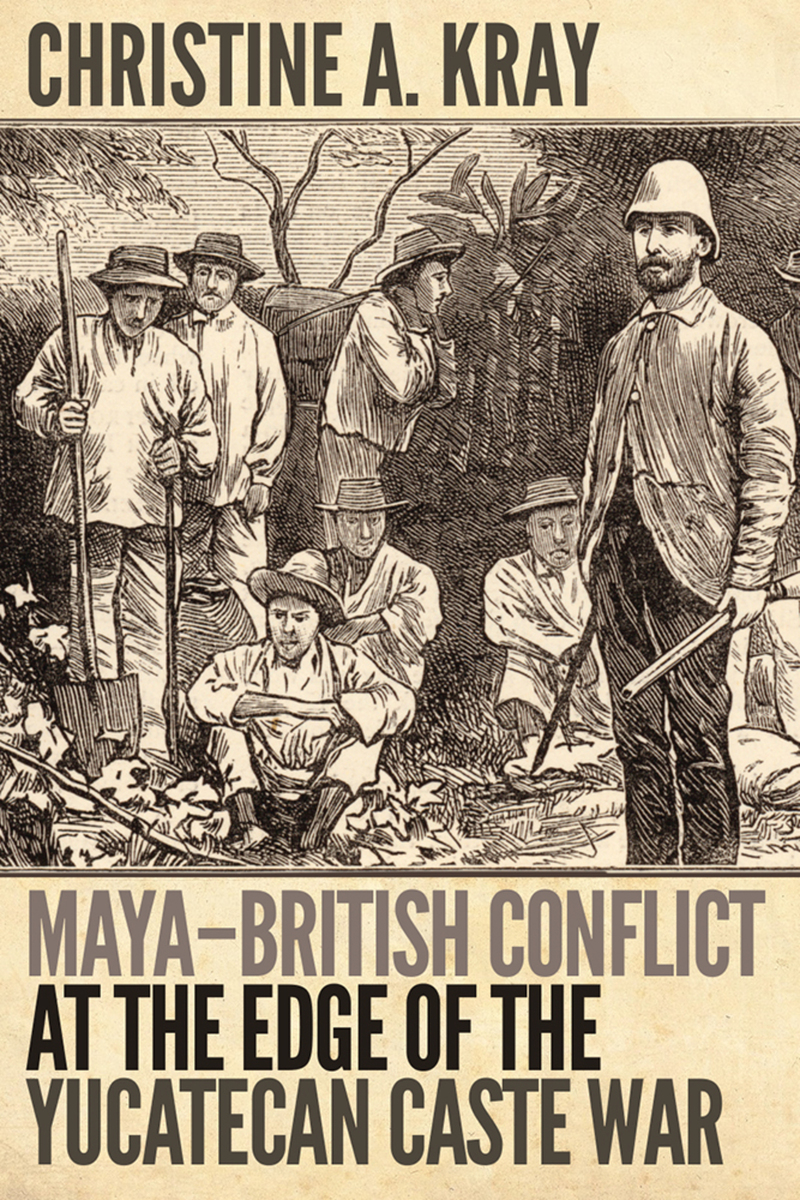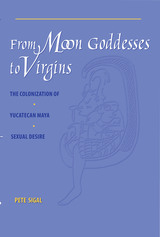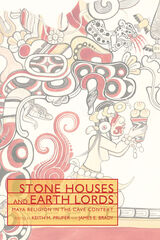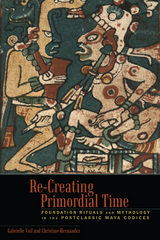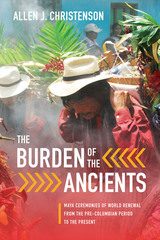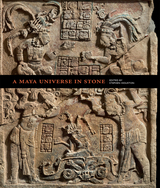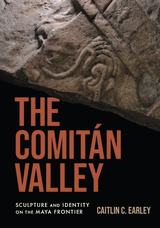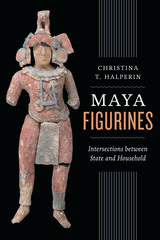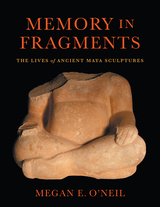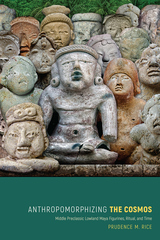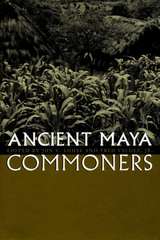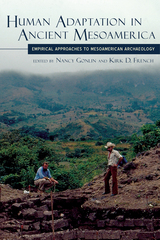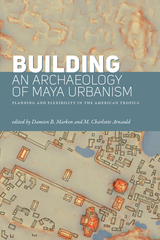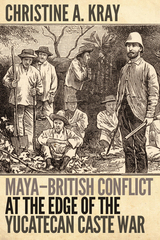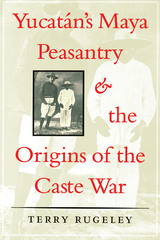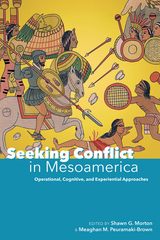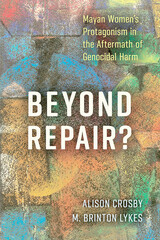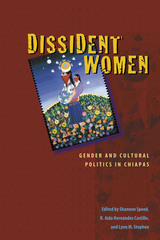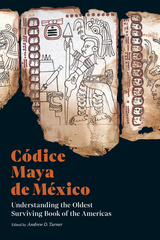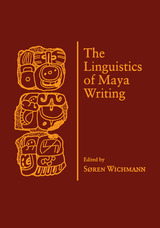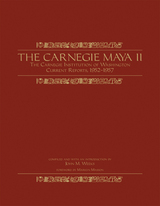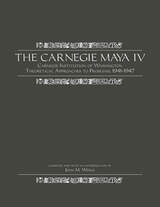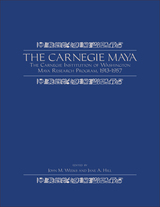Maya-British Conflict at the Edge of the Yucatecan Caste War
University Press of Colorado, 2023
Paper: 978-1-64642-564-8 | eISBN: 978-1-64642-463-4 | Cloth: 978-1-64642-462-7
Library of Congress Classification F1435.3.W2K73 2023
Dewey Decimal Classification 972.6506
Paper: 978-1-64642-564-8 | eISBN: 978-1-64642-463-4 | Cloth: 978-1-64642-462-7
Library of Congress Classification F1435.3.W2K73 2023
Dewey Decimal Classification 972.6506
ABOUT THIS BOOK | AUTHOR BIOGRAPHY | REVIEWS | TOC | REQUEST ACCESSIBLE FILE
ABOUT THIS BOOK
Maya-British Conflict at the Edge of the Yucatecan Caste War interrogates the 1862 alliance forged between the San Pedro Maya and the British during the Caste War of Yucatán (1847–1901). Illuminating the complex interactions among Maya groups, Yucatecans of Spanish descent, and British settlers in what is now Belize, Christine A. Kray uses storytelling techniques, suspense, and humor, via historical documents and oral history interviews to tell a new story about the dynamics at the heart of the Social War.
Official British declarations of neutrality in the Caste War were confounded by a variety of political and economic factors, including competing land claims befuddled by a tangled set of treaties, mahogany extraction by British companies in contested territories, Maya rent demands, British trade in munitions to different groups of Maya combatants, and a labor system reliant on debt servitude. All these factors contributed to uneasy alliances and opportunistic crossings of imagined geopolitical borders in both directions, ultimately leading to a new military conflict in the western and northern regions of the territory claimed by Britain. What frequently began as hyper-local disputes spun out into international affairs as actors called upon more powerful groups for assistance. Evading reductionism, this work traces the decisions and actions of key figures as they maneuvered through the miasma of violence, abuse, deception, fear, flight, and glimpses of freedom.
Positioning the historiographic and ethnographic gaze on the English side without adopting the colonialist narratives and objectives found in English repositories, Maya-British Conflict at the Edge of the Yucatecan Caste War is an important and original contribution to a neglected area of study. It will appeal to students, scholars, and general readers interested in anthropology, Latin American cultures and history, Central American history, British imperialism, Indigenous rights, political anthropology, and colonialism and culture.
Official British declarations of neutrality in the Caste War were confounded by a variety of political and economic factors, including competing land claims befuddled by a tangled set of treaties, mahogany extraction by British companies in contested territories, Maya rent demands, British trade in munitions to different groups of Maya combatants, and a labor system reliant on debt servitude. All these factors contributed to uneasy alliances and opportunistic crossings of imagined geopolitical borders in both directions, ultimately leading to a new military conflict in the western and northern regions of the territory claimed by Britain. What frequently began as hyper-local disputes spun out into international affairs as actors called upon more powerful groups for assistance. Evading reductionism, this work traces the decisions and actions of key figures as they maneuvered through the miasma of violence, abuse, deception, fear, flight, and glimpses of freedom.
Positioning the historiographic and ethnographic gaze on the English side without adopting the colonialist narratives and objectives found in English repositories, Maya-British Conflict at the Edge of the Yucatecan Caste War is an important and original contribution to a neglected area of study. It will appeal to students, scholars, and general readers interested in anthropology, Latin American cultures and history, Central American history, British imperialism, Indigenous rights, political anthropology, and colonialism and culture.
See other books on: British | Caribbean & Latin American Studies | Government relations | Mayas | Wars
See other titles from University Press of Colorado
